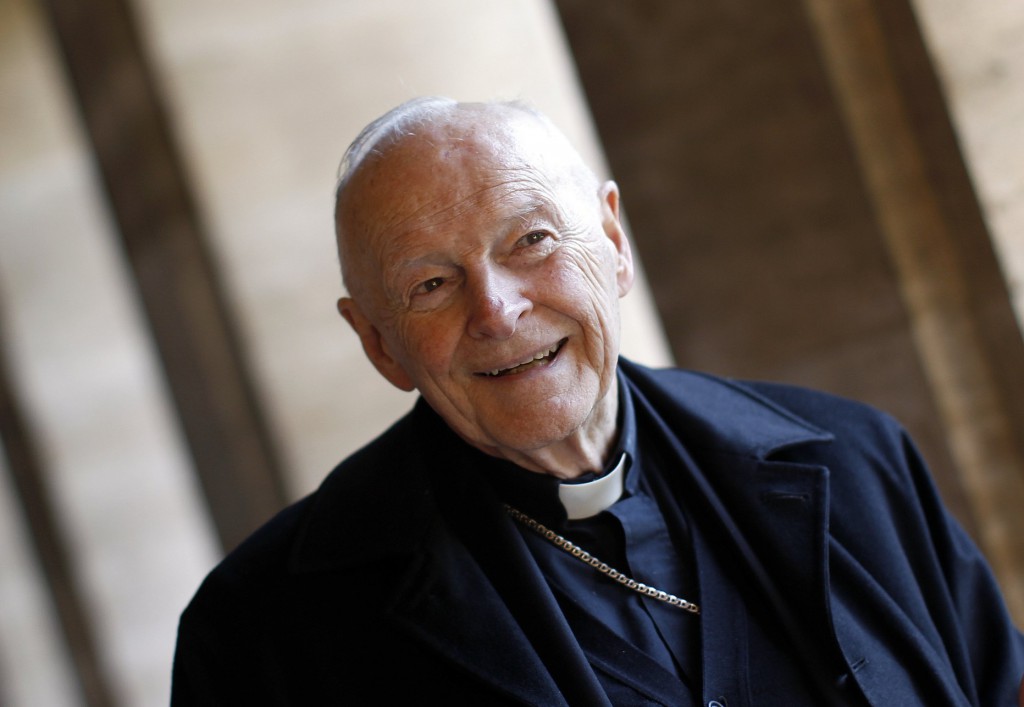
By Carol Zimmermann
The process of selecting a new pope is “ultimately not an election, ultimately it is a discernment,” said Cardinal Theodore E. McCarrick, retired archbishop of Washington.
The cardinal, who is 82, is no longer eligible to vote in a conclave, but he can participate in the pre-conclave sessions. He spoke to Catholic News Service soon after the pope announced his resignation.
The importance of discernment in the selecting a new pope was reiterated during the March 6 news briefing at the Vatican when reporters asked for a date of when the conclave might begin.
Jesuit Father Federico Lombardi, Vatican spokesman, stressed that the time prior to the conclave was necessary for discernment and reflection and should not be rushed.
“The new pope will be a fallible man elected by fallible men,” Cardinal McCarrick said, stressing that the cardinals must rely on God’s wisdom in discerning the best candidate.
The ritual involved in the process of voting, he said, makes one very aware that the person’s name on the ballot should not just be based on a personal decision.
“There is a tremendous challenge in saying: ‘Lord give me the grace not to choose a friend or someone who helped me in this way or that, but to choose the one you want, the one who is the best to handle the problems of our time'”
When Cardinal McCarrick voted in the 2005 conclave, he said he prayed that God would guide him in his final selection so that when he cast his ballot he would be selecting the person God would “want to lead the church into the future.”
“When it comes closer to the moment,” he said, “you realize you are one of a small number of people who will help to touch the future of the church of Christ, and by that you will affect the response of the world to what the church does.”
The responsibility, he said, is one the cardinals are very aware of — knowing that what they do will not just affect their own lives “but the life of the world.” – CNS